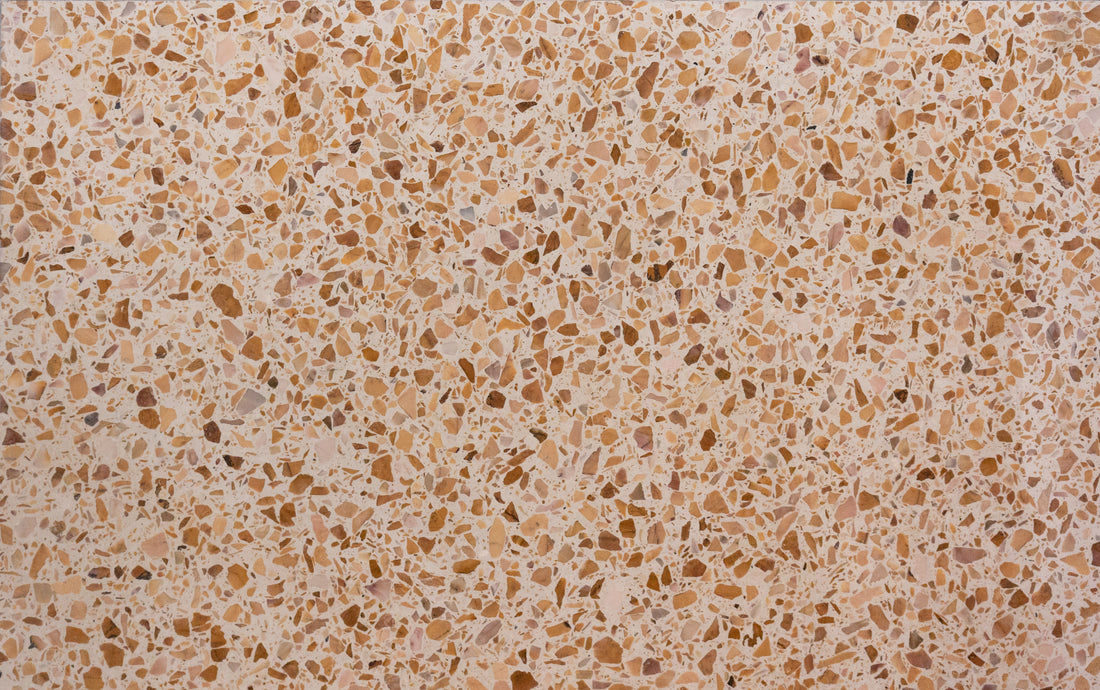Whiskey stones have become increasingly popular among whiskey lovers who want to enjoy their drink chilled without diluting it. But what exactly are whiskey stones made of, and what are the differences between the various materials used? In this article, we'll take a closer look at the most commonly used materials for whiskey stones and compare their benefits and drawbacks.
One popular material for whiskey stones is soapstone, which is naturally non-porous and won't absorb any flavors or odors. Soapstone whiskey stones are also easy to carve into different shapes and sizes and can be chilled in the freezer or fridge. They will keep your whiskey cold without watering it down. However, the downside of soapstone whiskey stones is that they can crack or break if dropped or handled too roughly.
Stainless steel whiskey stones are another durable and long-lasting option. They won't rust or corrode and are easy to clean. However, they're not as effective at retaining cold as other materials, and they can be quite heavy.
For those who prefer a natural stone look, our company offers Granite whiskey stones. Similar to soapstone, granite whiskey stones are non-porous and won't absorb any flavors or odors. They can also be easily carved into different shapes and sizes, and they'll keep your whiskey cold without diluting it. Furthermore, they are far more durable than other materials.
Ceramic whiskey stones are lightweight and won't scratch or damage your glassware. They're also non-porous and won't absorb any flavors or odors. Ceramic whiskey stones can be easily cleaned and are safe to use in the freezer or fridge. However, they're not as effective at retaining cold as some other materials, and they can be fragile and break easily.
If you're looking for an elegant and sophisticated option, glass whiskey stones are a great choice. Like soapstone, stainless steel, granite, and ceramic whiskey stones, they're non-porous and won't absorb any flavors or odors. Glass whiskey stones can be easily cleaned and are safe to use in the freezer or fridge. However, they can be fragile and break easily, and they're not as effective at retaining cold as other materials.
Another important factor to consider when choosing whiskey stones is whether or not they're non-porous. Non-porous whiskey stones are made from materials that won't absorb any flavors or odors, such as soapstone, stainless steel, granite, ceramic, and glass. They're perfect for whiskey lovers who want to enjoy their drink chilled without diluting it. Non-porous whiskey stones can be easily cleaned and are safe to use in the freezer or fridge. They're also durable and long-lasting.
Finally, whiskey chilling stones are designed to keep your whiskey cold without watering it down. They're made from non-porous materials and can be easily cleaned and used again and again. Whiskey chilling stones come in various shapes and sizes, so you can choose the ones that best suit your needs. They're perfect for whiskey lovers who want to enjoy their drink chilled and undiluted.
In conclusion, there are many different materials used to make whiskey stones, and each material has its own unique benefits and drawbacks. Whether you prefer the natural look of soapstone or granite offered by TheWhiskeyDepot, the durability of stainless steel, the elegance of glass, or the lightweight convenience of ceramic, there's a whiskey stone out there that's perfect for you. Just be sure to choose a non-porous option if you want to enjoy your whiskey chilled without any dilution.


